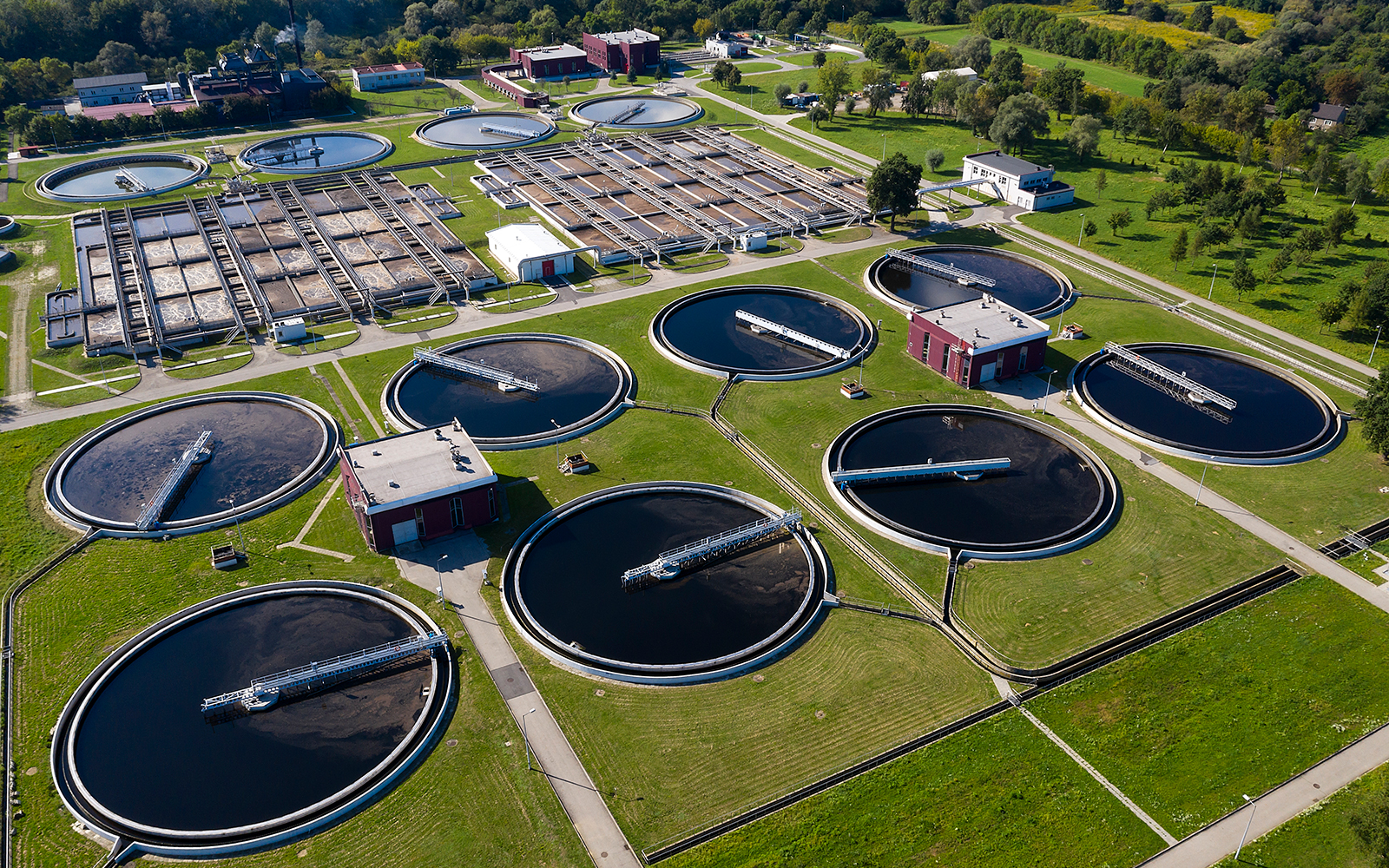Monitoring Wastewater for Opioid and Other Drug Use

Project Brief
The Challenge
The Water Research Foundation was interested in exploring the utility of wastewater-based epidemiology as a public health tool for characterizing the opioid epidemic in the United States. Wastewater-based epidemiology involves using wastewater sampling results to study a population’s habits and consumption of selected substances—such as illicit drugs and pharmaceuticals. While wastewater testing to estimate drug use is slowly gaining traction across the country, more pilot studies are needed to determine the policy value of this approach: that is, how the information can be used for public health decision-making.
ERG's Solution
ERG assembled a team of wastewater utilities, local health departments, epidemiologists, academic experts, and data scientists to develop a framework to expand the use of wastewater-based epidemiology in the United States and address the challenges that communities face in developing tools to monitor pharmaceutical opioid use.
ERG developed a sampling and monitoring protocol for measuring pharmaceutical opioids in wastewater and conducted pilot studies in three communities. We evaluated measurements of opioids and other drugs in wastewater for trends and compared them with related public health surveillance data (e.g., opioid-related overdoses, opioid-related emergency department visits, naloxone deployments, prescription data, crime data). We summarized insights, lessons learned, and recommendations in a final report and presentation to WRF and its members.
Client
Water Research Foundation